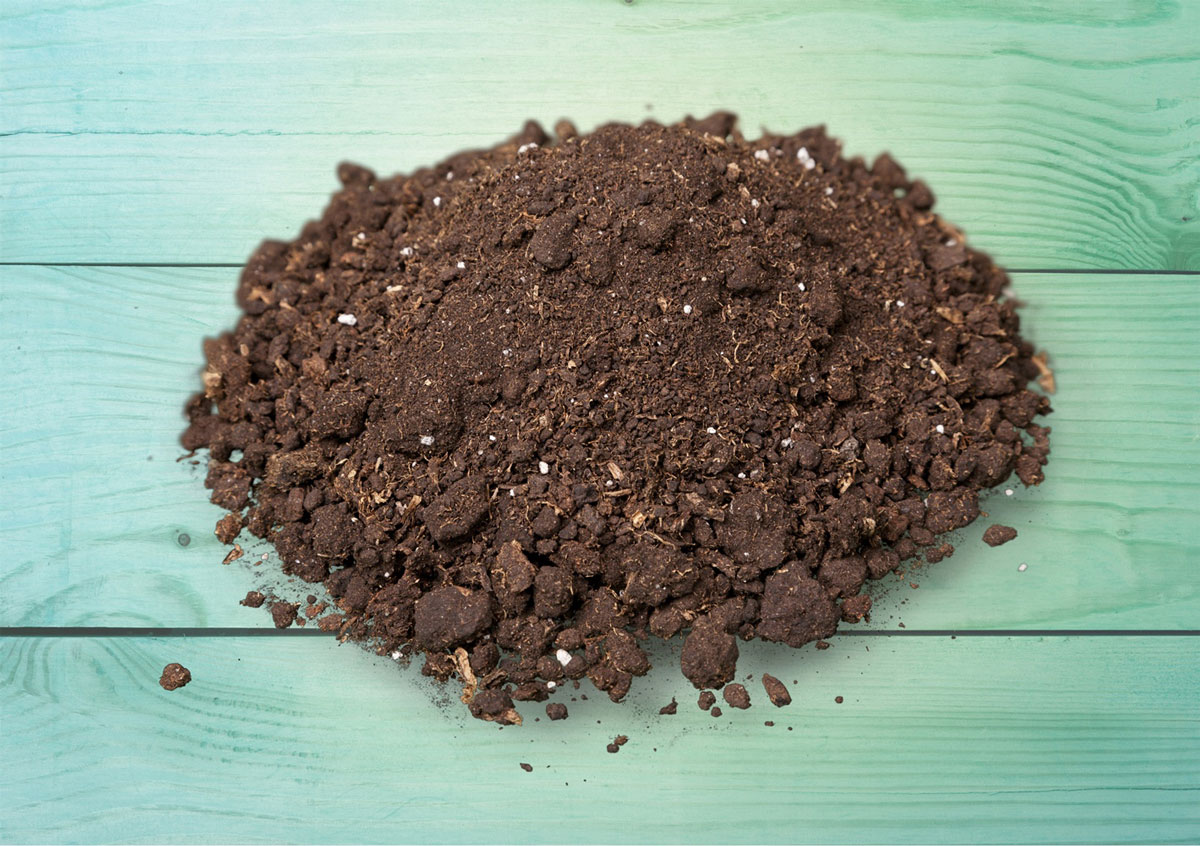Composting is the Most Sustainable Recycling We Have and why this is Important to Remember

Composting is an underrated component to recycling, not spoken about enough. It is easily the most sustainable recycling method we have, taking all of our organic waste and converting it through the help of insects, bacteria, and fungi into soil additive. It’s local, low-cost, and is available to residents from Toronto to Timbuktu. This sort of composing is known as ‘closed loop’, which means that it’s 100% reuse of consumer waste which is turned into new product.
Toronto prides itself on being a forward-thinking city however we have not invested enough nor have we done a good job at acknowledging the benefits of composting. Across Ontario, soil health is only improved through compost which increases organic matter and nutrients in the Earth. Erosion decreases, moisture loss is minimized, and there’s less of a need to use chemicals and fertilizers.
Imagine a Toronto where every household, apartment building, or condo complex has its own compost. They’re very easy to make. All you need to do is reserve a space, purchase or build a compost bin, and then, you can turn all organic matter – from banana peels to glass clippings – into it. Some estimates suggest that for the average household, composting can cut down on their waste by up to 30 percent diverting that food waste into something more meaningful for themselves. Compost can subsequently be mixed into gardens, soil, used for farming, or used for mulch across the yard.
Now organic matter composing in Toronto is already something the city has a focus on, albeit hardly prioritized. The City has a free compost provision program from April through to October through various compost depots and utilizing community environment days. At no cost, the City will pick up qualified yard waste and green bin waste, which is sent to a facility for processing. Then, it’s piled into triangular windrows about 4 meters tall, and is stored and monitored for one year. Following that, it can then be purposed in various areas including city parks.
We believe we can do better in Toronto. For example, we still throw out up to 50 percent of our compostables and not everyone has access to the opportunity to compost on their own property. Recycling rates, including compostables, are already much lower in apartment, condos, and multi-family residences which occupy so much of the residential land in Toronto. And, although Toronto has a goal of achieving a 70 percent landfill diversion target by 2026, it remains to be seen if the city achieves this. If you’re fortunate enough to have a yard, for those interested in composting in their backyard in Toronto, here are a few tips.
Green materials are nitrogen-rich while brown stuff is carbon-rich. Ideally, you want one part green to five parts brown. This will keep it from smelling bad.
Turn over your composting once every few weeks to help with the decomposition process.
If there’s one thing that you’ll find in a healthy soil, it’s earthworms. If you happen to be repurposing your compost in a garden and you see earthworms, that’s a very good sign.
Core Mini Bins is a Toronto waste management and recycling company with a focus on contributing to the ongoing green-ification of Toronto. For more information on how your household or place of business can minimize their waste and divert more waste into recycling, contact us today.


